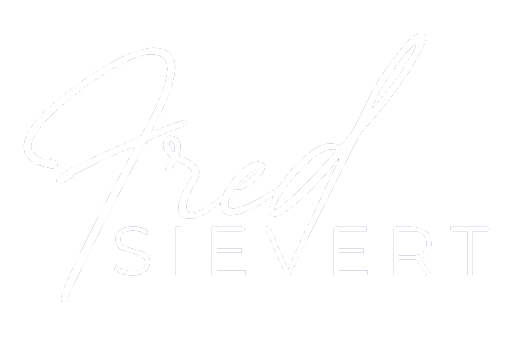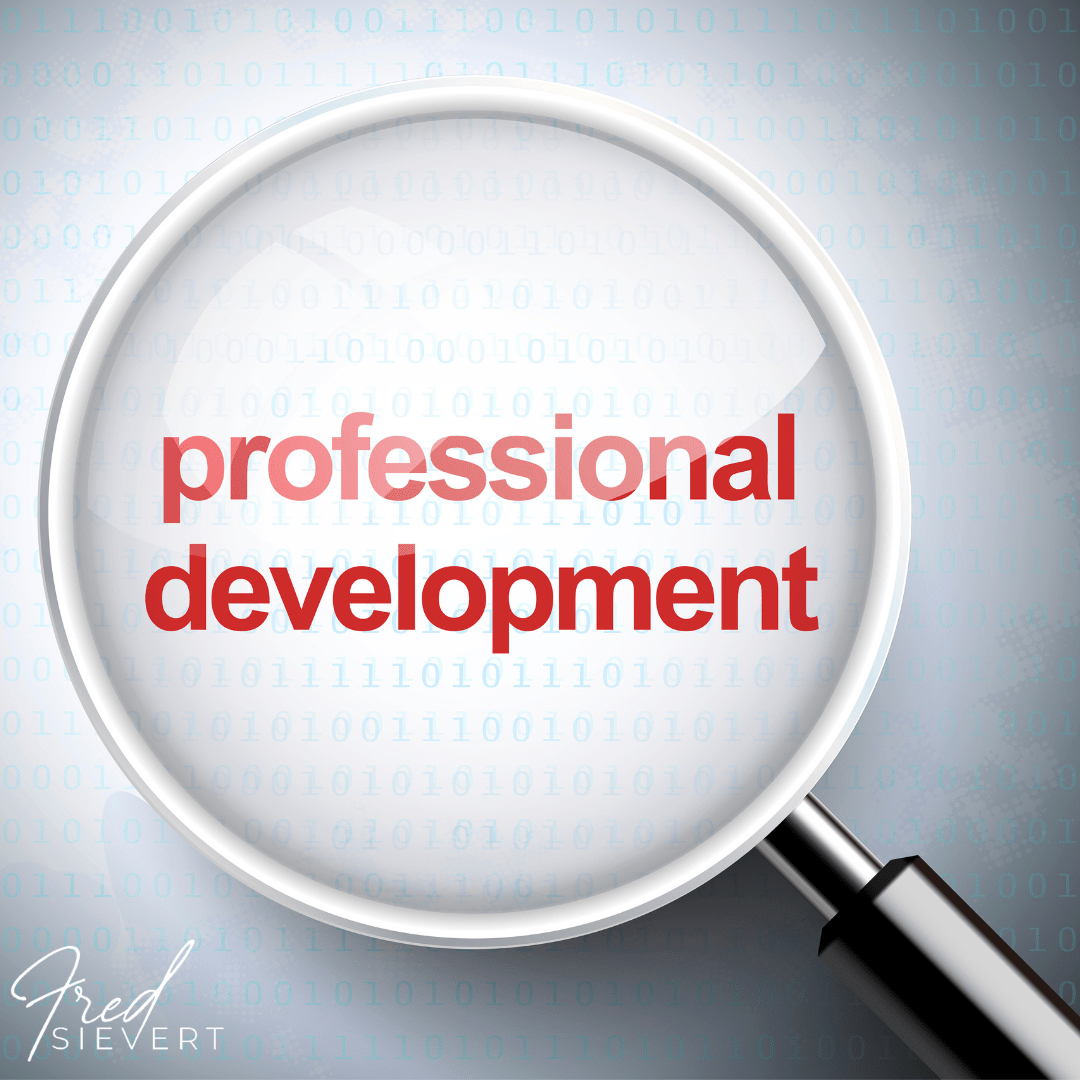This is Part 2 of the blog on this topic. I have included the introductory language from Part 1 as an introduction for the benefit of those who have not read Part 1.
Recent trends suggest that pressure on corporate profits has led to sometimes extreme expense controls. Controlling expenses too aggressively not only stresses out the workforce; it also can result in companies limiting their expenditures on training and development for their employees.
No matter what your position is within your company, don’t assume that your superiors will closely monitor, take a strong interest in, or offer to contribute to your development. You might need to take charge of your own professional development, even if it means using some of your evenings, weekends, or vacation time to participate in developmental activities.
This article suggests many ways in which employees can self-educate. Don’t be scared away by the extensiveness of these recommendations. The advice in this article can and should be staged over time. Much of it will be most relevant after you have been on the job for a couple of years or longer.
The list of suggestions is long and includes many strategies I followed during my career, but certainly not within my first year or two of employment. If you attempt to develop your skills too quickly, you risk burning out—or worse, sacrificing the attentiveness you need to give to your primary job responsibilities.
Nonetheless, it is extremely important to be aware of areas in which you need development and to articulate a plan to address them. Your plan should indicate an expected timetable for these pursuits. You will need to review and revise your initial plan often because your work situation will most likely change, and you might need to modify it accordingly.
There is no cookie-cutter approach to development because it needs to be customized for your own work situation and specific needs. But, in general, here are the most important steps to take in your own self-development:
- Create a vision of where you want to be in five years.
- Develop a plan to achieve the necessary skills to help you get there.
- Track your progress against the plan.
- Review the plan regularly, and revise it as needed.
This Part 2 covers categories #3 and #4.
Remain Current in Your Field of Expertise
Seek Out Educational Experiences
For your particular job responsibilities, or areas of expertise, consider attending seminars or conferences and/or getting certificates, designations, or degrees, if they are available. If fees are involved, many companies will pay for such development activities. They might not suggest them for you, however; you might need to ask about particular programs you would like to attend.
Do a little research into what programs would be most effective for you, given your job responsibilities and the state of your current knowledge. Maintaining up-to-date professional skills in a rapidly changing environment will be critical to your long-term success.
Bring Back Actionable Ideas from Your Training
When you attend seminars or educational programs, always be thinking about the three or four key takeaways you can implement to benefit you and your company.
I had bosses who told me I was extremely effective in extracting meaningful information that led to significant improvements at my company every single time I attended a meeting or conference. If you develop that kind of reputation, you’ll have no trouble getting approval for participation in other such programs, even when an added expense is required.

Participate in Professional Organizations
Some of the best developmental experiences of my career were a result of my volunteer participation in industry associations and in involvement with task forces or important committees. The enormous benefits included the following:
- A greatly expanded network of industry contacts
- The sharing of best practices in my field
- Maintaining current knowledge of changes in legislation and regulations that could affect my profession and/or my company
- The ability to better understand the competition and their strategies
- Early recognition of emerging trends in the business
This is a suggestion that will require a commitment of your time. As a result, I recommend that you consider it after at least a couple of years on the job.
Don’t make the mistake of assuming that you need to be an expert in your field to join such task forces, committees, or advisory boards. On the contrary, organizers are constantly looking for more participants. Getting involved will actually accelerate your ability to become a recognized expert. It will also lead to your being well-connected, which is always valuable in a business setting.
Hone Your People Skills
Expand your Internal Network
Make an effort to meet other employees at all levels within your organization and across multiple departments. Be inquisitive about what they do, what kinds of projects they are working on, and how they support the mission of the company.
As you learn more about them and their work, think about ways in which you might be able to help them out. Of course, you must give priority attention to your own job responsibilities first, but learning about other areas within the organization will give you a well-rounded business experience.

Get to Know Your Colleagues
Take an interest in the work history, careers, goals, and aspirations of the fellow workers you meet. Ask them about their families and the aspects of their jobs that give them personal gratification. Make a conscious effort not to spend a lot of time talking about yourself until you are asked. I say “make a conscious effort” because so many of us instinctively want to tell other people about ourselves. I’m sure you can immediately recall people who incessantly talk about themselves and their accomplishments and never ask you a single question. Don’t fall into that trap.
Listen Intently
You probably won’t be considered a great communicator unless you develop the ability to listen intently. I have had people tell me they thought we had a great conversation after I had said almost nothing. Often, I demonstrated assurances, and at times sympathy or empathy, almost entirely through body language.
On the other hand, I can think of several examples of behaviors I regretted when I interrupted someone or blurted out a response before allowing the other person the time to complete his or her point or argument. When you know someone really well, you often anticipate what they are going to say and react before they have had a chance to complete their comments. This is true at work, and it’s true when we get into an argument with a spouse before we hear him or her out.
Winston Churchill said, “Courage is what it takes to stand up and speak; courage is also what it takes to sit down and listen.” Listening well will add greatly to your own knowledge, and it will show that you truly respect and value what others are saying.
Develop Emotional Intelligence
Emotional intelligence, sometimes abbreviated as EQ, describes your control over your emotions and your level of empathy. Developing this skill can make you a better communicator. In addition, it can help you resolve workplace conflicts—a useful trait for leaders and managers, as well as other employees.
Decades of research now point to emotional intelligence as being the critical factor that sets star performers apart from the rest of the pack. The connection is so strong that 90 percent of top performers have high emotional intelligence. This intangible quality affects how we manage behavior, navigate social complexities, and make personal decisions to achieve positive results.
Here are just some of the hallmarks of emotional intelligence. Work on strengthening these characteristics to increase your own EQ:
- You are curious about people.
- You embrace change.
- You know your strengths and weaknesses.
- You know how to say no to yourself and others.
- You let go of mistakes.
- You give without expecting anything in return.
- You appreciate what you have.
The many suggestions (in Parts 1 and 2 of this blog) for taking charge of your own self-development will greatly enhance your career. While many of your peers are waiting for their supervisors, the HR department, or someone else to suggest ways they can develop their skills, you will be proactively taking charge of your own development, thus turbo-charging your path to success.

